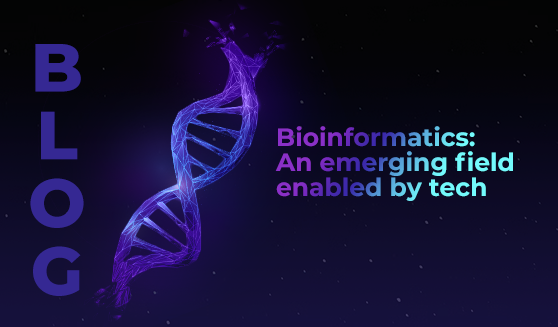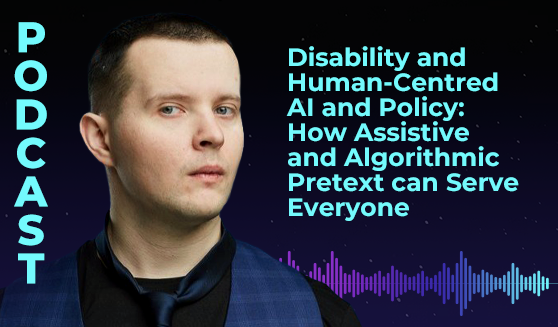
Have you heard of bioinformatics? Still relatively obscure in mainstream knowledge, it’s a field of study that relies on the application of computer tech to the management and analysis of biological data – with the potential to enable a far deeper understanding of biological systems.
Bioinformatics looks at how technologies (including big data, machine learning, and more) are transforming the way we look at biological systems – and allowing us to leverage those systems for numerous different use cases in sectors including healthcare, agriculture, and conservation.
It’s an interdisciplinary field: bringing together biology, chemistry, physics, computer science, and mathematics. And at the core of it, researchers are working to develop computational tools and algorithms that can enhance our understanding of biological systems, and enable us to leverage or manipulate those systems for a purpose.
It holds a lot of potential for addressing some of the most complex issues of our time – from human health to climate change.
Applications include (but aren’t limited to):
- Genome sequencing and analysis: Bioinformatics tools can sequence, annotate, and compare genomes from numerous different organisms – helping us understand genetics, identify genes that might cause disease, and recreate genetic variations.
- Drug discovery and development: Bioinformatics can enable the identification of new drug targets, design compounds, and assess their effects – all of which supports the development of precision medicine and novel treatments.
- Phylogenetics and evolutionary studies: It can be used to study the relationships between organisms throughout evolution, analyse genetic diversity, and build a clearer picture of how present-day genetics came to be.
- Biomedical research: Bioinformatics is leveraged in research into disease mechanisms and biomarkers, which in turn contributes to the development of personalised and precision medicine.
- Agricultural and environmental applications: It is already applied in sectors including crop improvement, pest control, and environmental conservation – with potential use cases emerging all the time.
To do all of this, bioinformatics utilises a wide variety of IT and computational tools; including sequence analysis software, structural biology software, genome assembly and annotation tools, data mining and machine learning algorithms, statistical software, visualisation tools, and more.
A growing number of bioinformatics startups are making significant contributions to this field of study – while also making a real difference to people’s lives, and to the world around us.
Aptah Biosciences, for example, was founded in the US in 2018. It uses bioinformatics to provide antisense therapy – a type of treatment for genetic disorders and infections which down-regulates gene expression.
Also in the US, hc1 leverages bioinformatics for precision testing and drug prescribing, using a cloud-based platform to organise live data (including lab results and genomics) and improve patient care.
In the UK, digital health and precision medicine startup Congenica is using data science, engineering, and bioinformatics to drive product innovation – and ensuring scalability of its products through machine and deep learning models.
And Maze Therapeutics is focused on the capacity of bioinformatics to help up-regulate and down-regulate genes; developing medicines specifically designed to imitate the effects of naturally occurring but rare protective genetic variants.
Startups like these are leading the way in bioinformatics innovation. And as the technologies available to scientists become more mature and efficient, the future for this field of research is bright.








